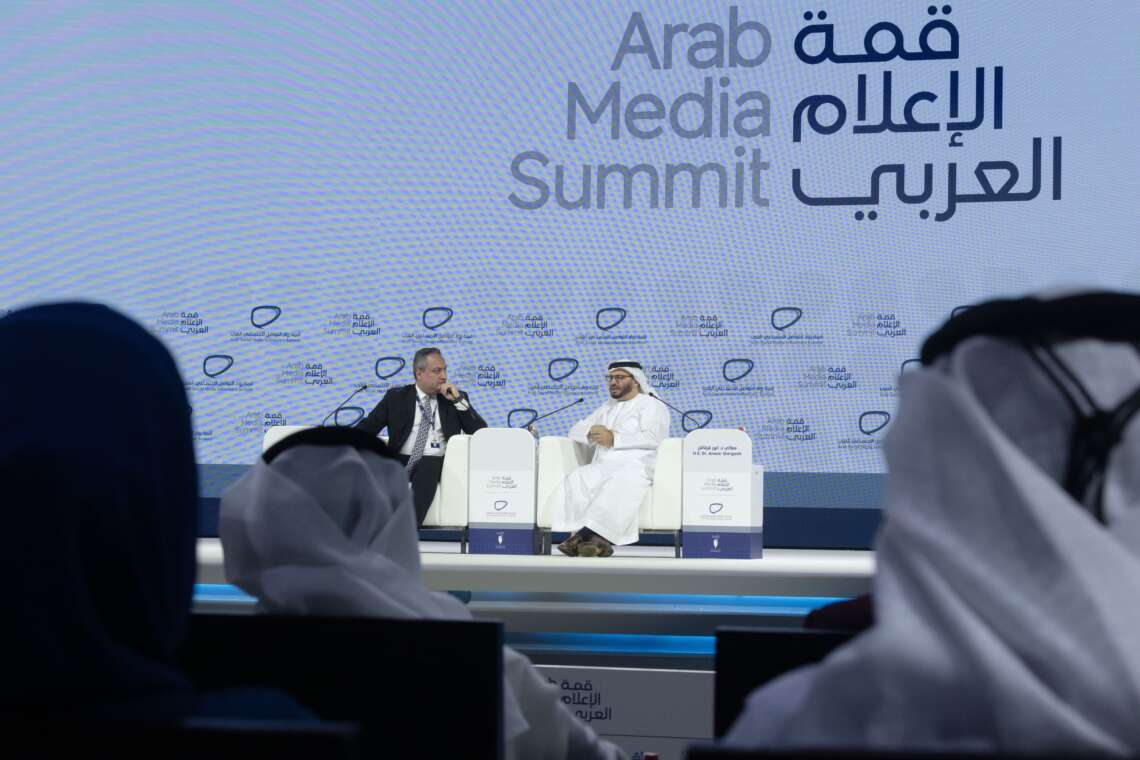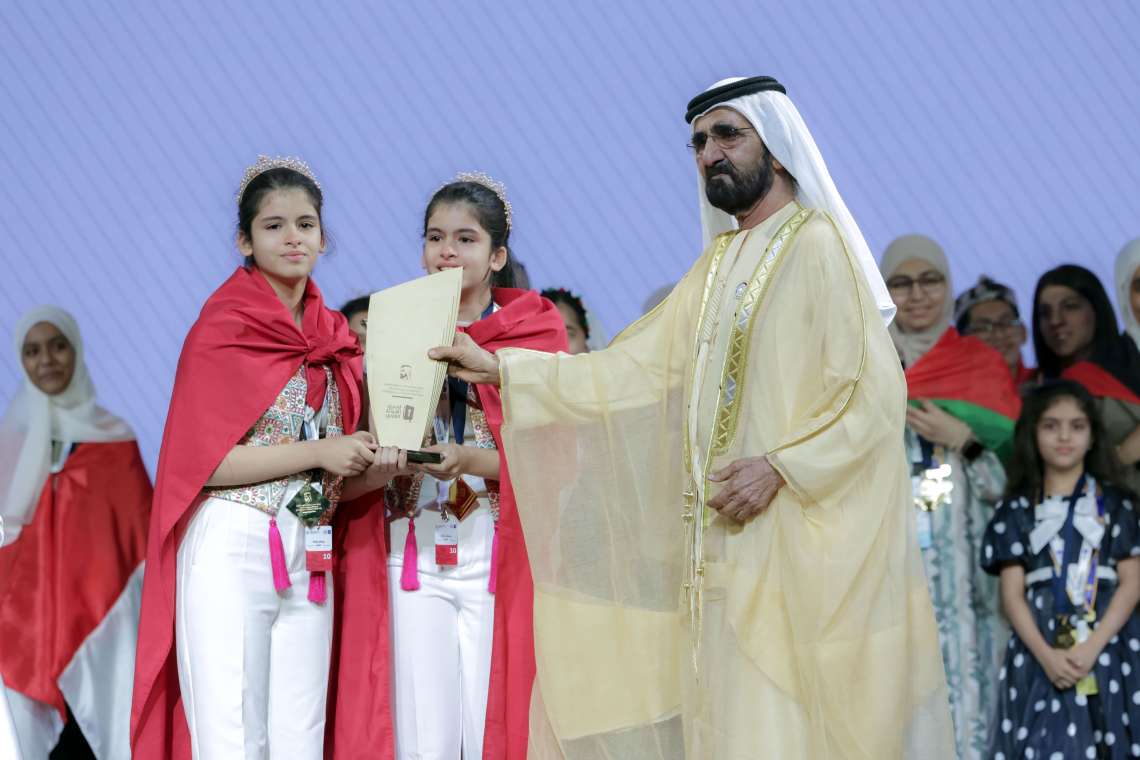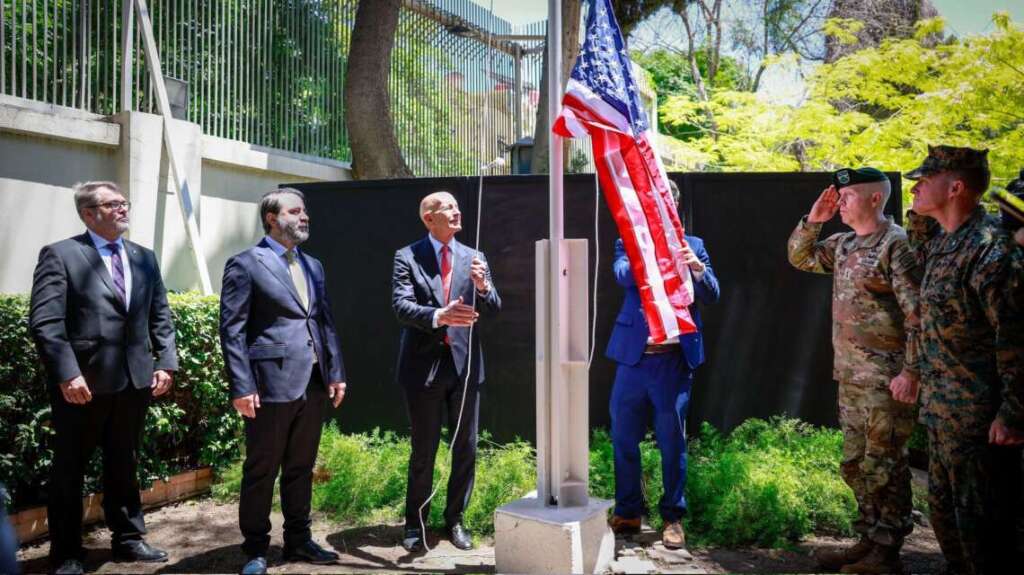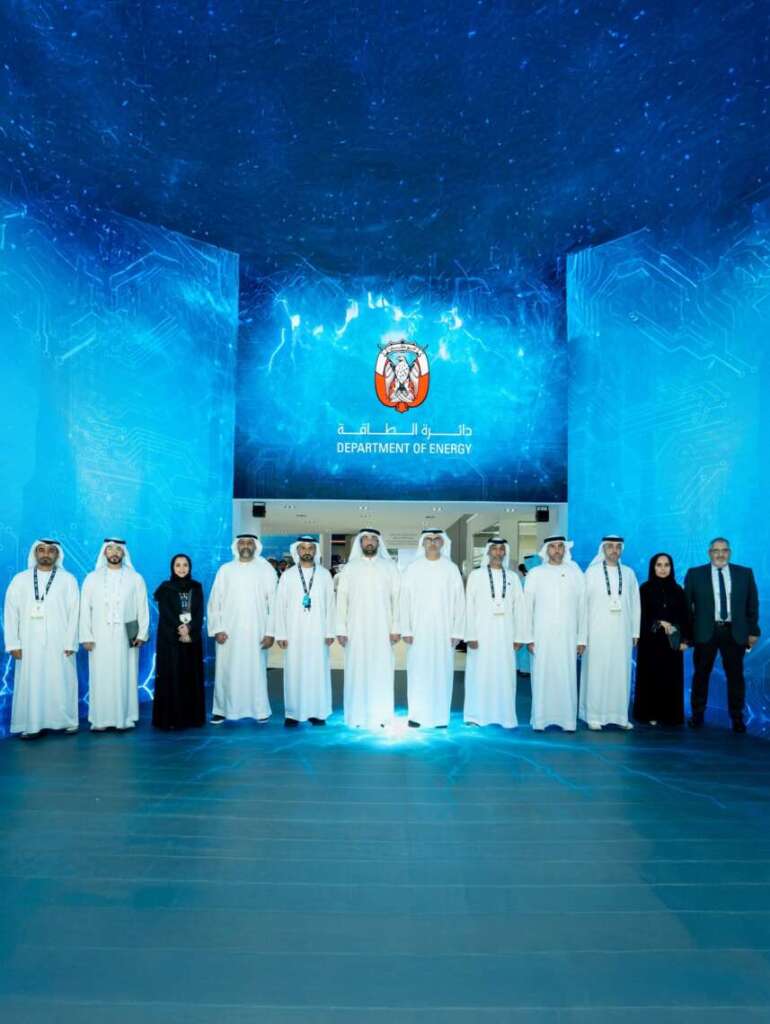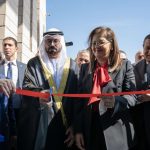Anwar Gargash says the UAE stands as a beacon of what is possible when pragmatism and vision come together.
As political instability, economic fragmentation and rapid technological change continue to reshape the global order, the United Arab Emirates is emerging as a regional model of pragmatism and resilience, said Dr Anwar Mohammed Gargash, Diplomatic Advisor to the UAE President, during a keynote session at the Arab Media Summit 2025.
Speaking at a high-profile discussion titled “Repercussions of Disorder and Challenges of Stability”, Dr Gargash described the present era as one of “unprecedented uncertainty” across political, technological and economic domains. His remarks drew a sharp contrast between the global climate of volatility and what he described as the UAE’s steady, forward-looking approach to governance and foreign policy.
“In a world where ideological rigidity has produced only stagnation, instability and conflict, the UAE’s pragmatic model focused on security, education, prosperity and technological progress provides a constructive alternative,” he said.
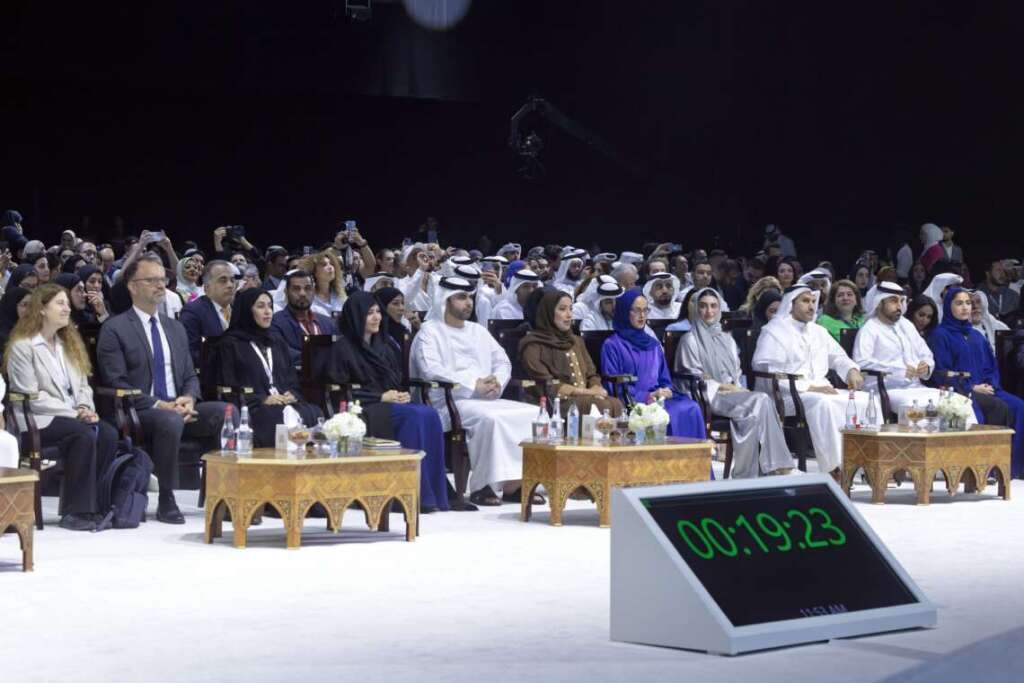
The session, attended by senior members of Dubai’s ruling family including Sheikh Mansoor bin Mohammed bin Rashid Al Maktoum and Sheikha Latifa bint Mohammed bin Rashid Al Maktoum, was part of the annual media summit that convenes regional leaders, journalists and policy experts.
Dr Gargash’s address touched on several key themes: the failure of outdated ideologies, the rise of nationalism and protectionism, and the shifting direction of global superpowers. He noted that the United States, traditionally a promoter of global stability, has recently adopted a more inward-looking posture, forcing regional powers to take greater responsibility for their own futures.
“Over the past three years, particularly since the conflict in Gaza, it has become evident that many of the old ideologies in the Arab world have collapsed,” he said. “Yet many persist in clinging to these failed frameworks, which have yielded nothing but sectarianism, weak governance and economic malaise.”
He cited Lebanon and Syria as examples of nations beginning to emerge from the consequences of such ideologies through new forms of engagement with the international community. “Their path to recovery is fragile, but we must support them, not sabotage their progress by pulling them back into chaos,” he said, expressing hope for the success of new governments in both countries.
Rejecting ideological dogma, Dr Gargash urged Arab states to prioritise real-world concerns such as job creation, education, living standards and youth engagement. “Our young people are emigrating in search of better futures, not because they lack loyalty, but because we’ve failed to give them the tools to thrive,” he said.
He added that the UAE, Saudi Arabia and other Gulf states have demonstrated how focused investments in development, modernisation and inclusive governance can transform societies, noting that the concept of the nation-state must be reaffirmed across the region. “It is unrealistic for a nation to have two armies or for militias to assume the role of the state. This only perpetuates dysfunction.”
Dr Gargash also addressed criticism of the UAE’s foreign policy decisions, particularly the normalisation of relations with Israel. He said the move was based on sovereign decision-making and was not inconsistent with the UAE’s continued support for the Palestinian people.
“There are those who use the issue of normalisation as a political weapon to deflect from their own internal failures,” he said. “But the facts speak for themselves. The UAE has provided over 42% of total humanitarian aid that has entered Gaza since October 7th.”
He added that diplomatic engagement with Israel has not diminished the UAE’s commitment to a two-state solution. Instead, it has opened new pathways to dialogue, economic partnerships and technological cooperation — all aimed at advancing regional stability.
Dr Gargash condemned what he described as “malicious and fabricated media campaigns” against the UAE, particularly on social media platforms and fringe media outlets. “We are not defined by these narratives,” he said. “Our model speaks for itself, and credible observers around the world recognise what we have achieved.”
Highlighting the role of media in an era of rapid technological transformation, he said the sector too is confronting existential questions driven by the advance of artificial intelligence. “This is a defining moment for media institutions. Those that adapt will thrive. Those that resist change may vanish,” he warned.
The UAE, he noted, has placed future-readiness at the heart of its development agenda, citing recent technology partnerships with the United States, France and others. “Investment in technology is an investment in the future,” he said. “We must prepare for the world as it is becoming, not as it once was.”
Dr Gargash concluded with a message of quiet confidence in the UAE’s trajectory. “We leave it to others to assess our model. But if you look at the numbers — in the economy, in technology, in education, in diplomacy — the UAE stands as a beacon of what is possible when pragmatism and vision come together.”

